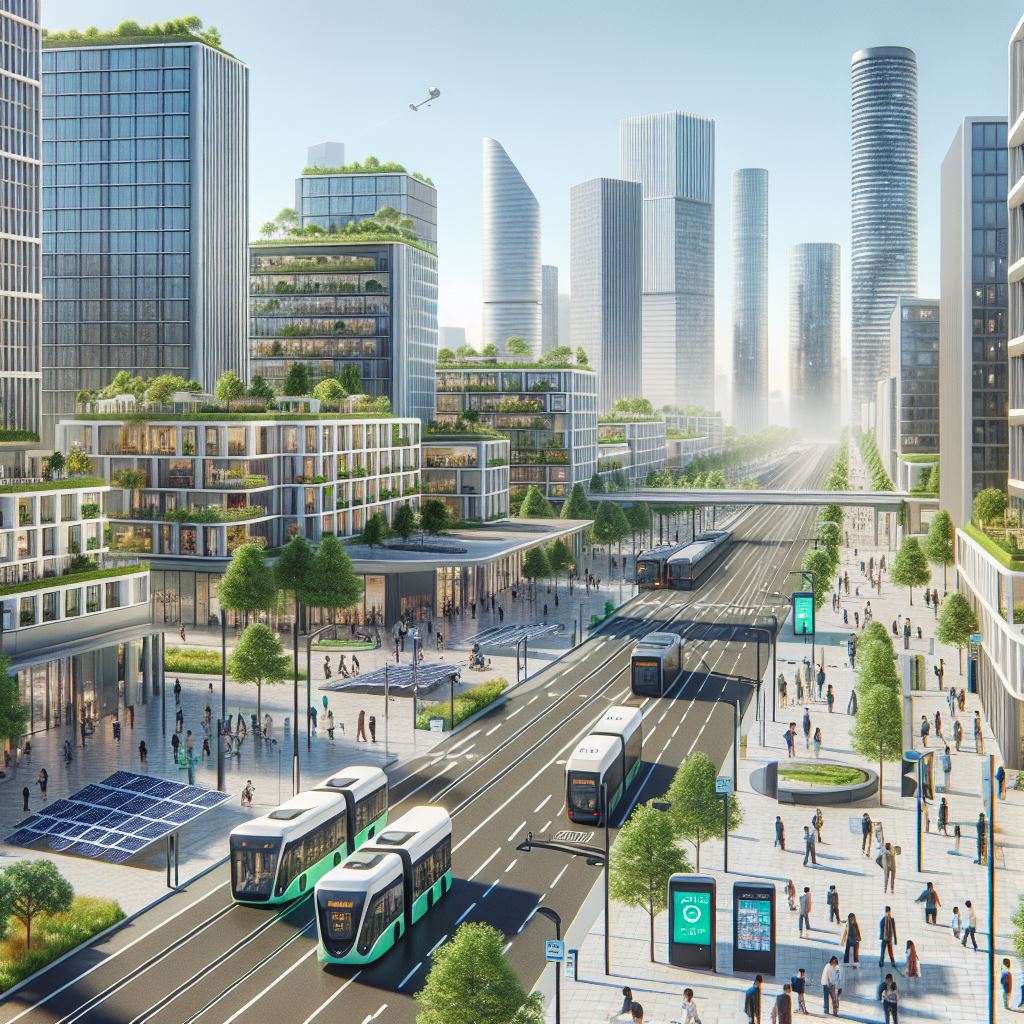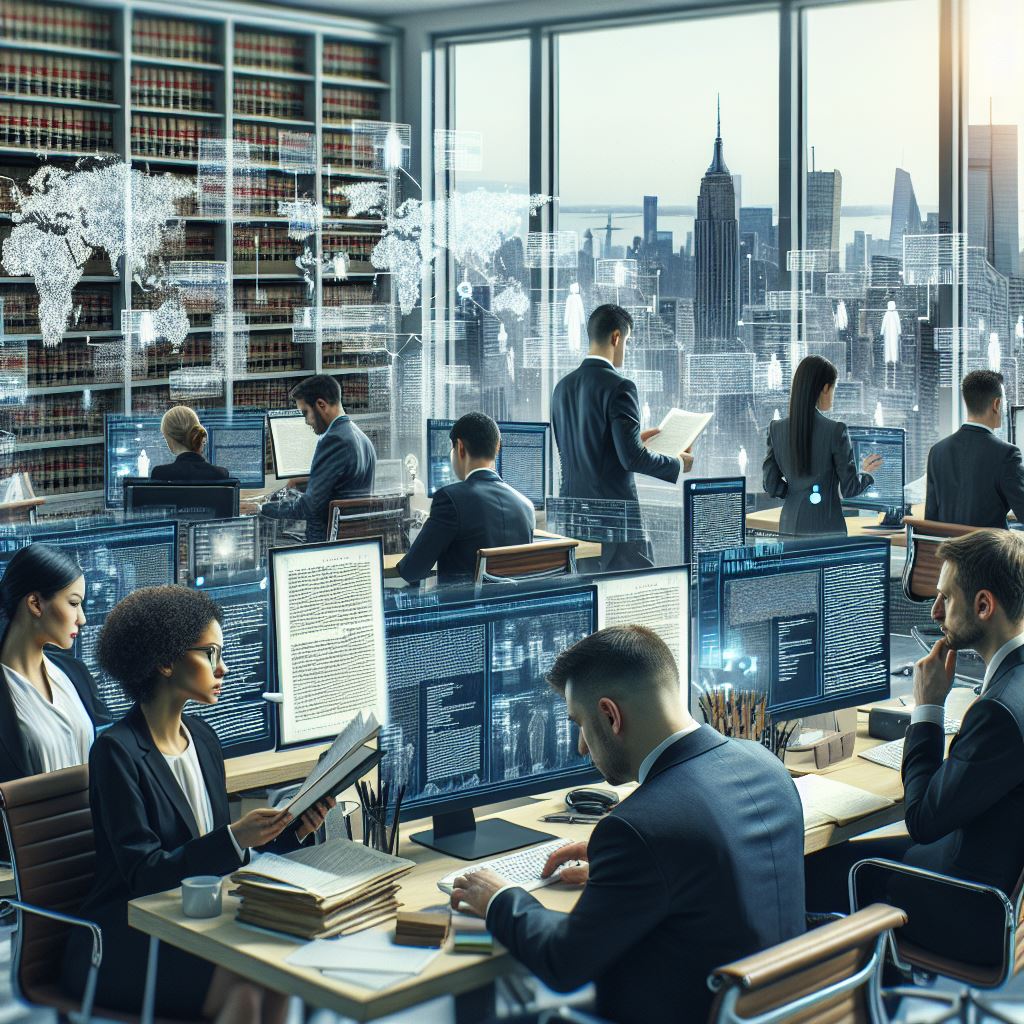When the first industrial revolution brought mechanization to manufacturing, it transformed how we make things. Today, we're witnessing an equally profound transformation as artificial intelligence reshapes the manufacturing landscape. Let me take you on a journey through this evolution and show you how AI is creating the factories of tomorrow.
The Challenge
Picture a traditional manufacturing facility: machines humming, workers monitoring production lines, and managers trying to optimize everything from raw material usage to delivery schedules. Despite best efforts, problems persist - unexpected equipment failures, quality control issues, and inefficient resource allocation. These challenges cost manufacturers billions annually and impact everything from smartphones to automobiles.
The AI Revolution
Enter artificial intelligence. Like a skilled orchestra conductor, AI coordinates various aspects of manufacturing:
- Predictive Maintenance
- Quality Control
- Supply Chain Optimization
- Production Planning
- Resource Management
Success Stories
Consider the story of a leading automotive manufacturer who implemented AI-powered predictive maintenance. Within six months, they:
- Reduced downtime by 35%
- Saved $3.7 million in maintenance costs
- Improved product quality by 27%
- Increased worker safety significantly
The Technology at Work
AI transforms manufacturing through:
- Computer Vision for Quality Control
- Machine Learning for Process Optimization
- Digital Twins for Simulation
- IoT Sensors for Real-time Monitoring
- Robotics for Automation
Real-World Impact
A medium-sized electronics manufacturer in Asia implemented AI-driven quality control. The results were striking:
- Defect detection rate improved by 98%
- Production speed increased by 25%
- Material waste reduced by 30%
- Customer returns decreased by 45%
Looking Ahead
The future of AI in manufacturing promises:
- Fully autonomous factories
- Self-optimizing production lines
- Zero-defect manufacturing
- Sustainable production methods
- Enhanced worker safety
Key Takeaways
- AI is not just automating tasks; it's revolutionizing entire manufacturing processes
- Successful implementation requires a strategic approach and cultural change
- The benefits extend beyond efficiency to sustainability and worker safety
- Small and medium manufacturers can also benefit from AI adoption
- The future of manufacturing will be increasingly intelligent and autonomous
As we look to the future, one thing is clear: AI in manufacturing isn't just about replacing human workers - it's about augmenting human capabilities and creating smarter, safer, and more sustainable production systems. The factories of tomorrow are being built today, one AI implementation at a time.
Remember: The question isn't whether to adopt AI in manufacturing, but how to do it effectively and responsibly.




